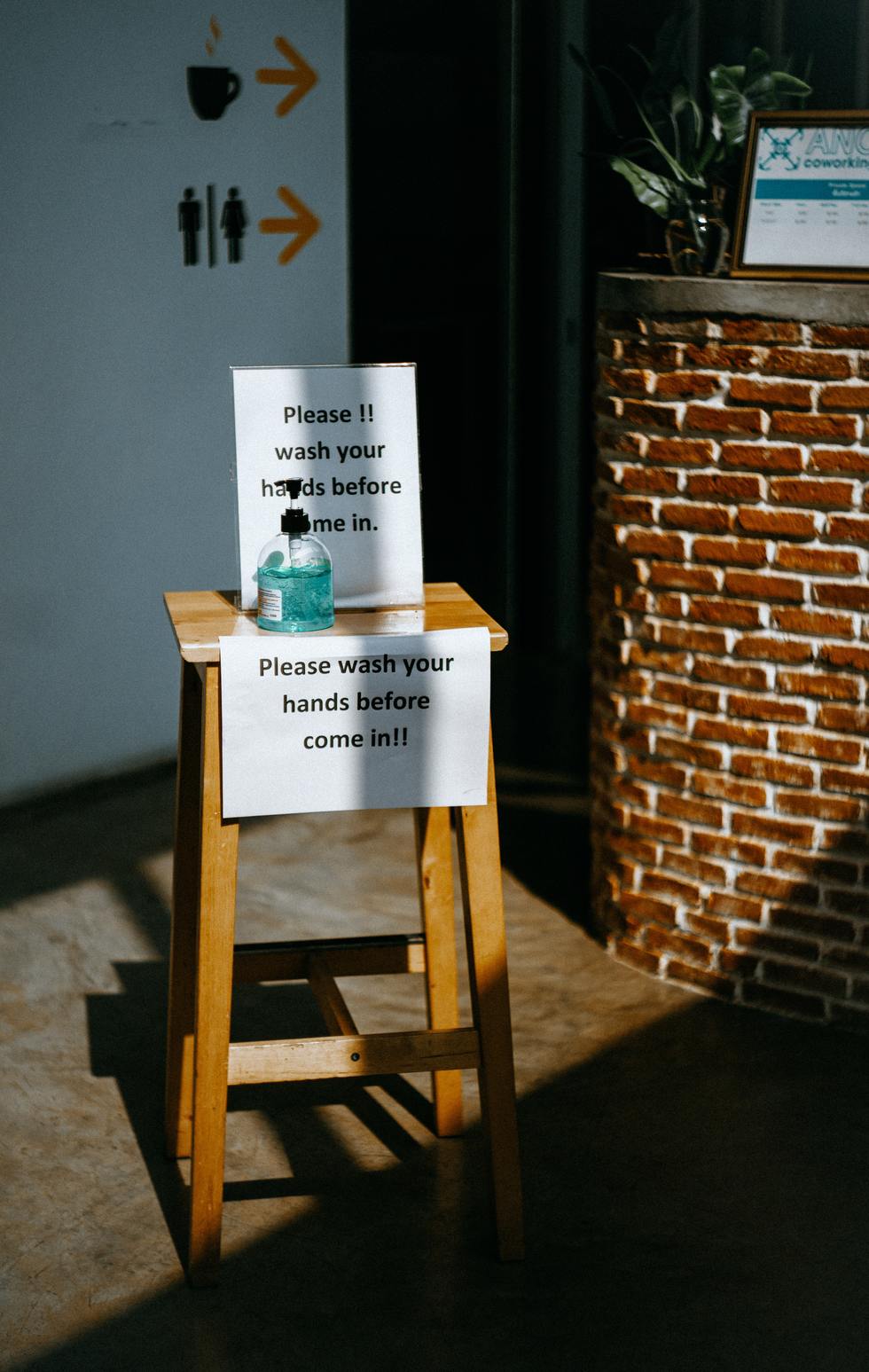The World Health Organization declared COVID-19 a pandemic on March 11, 2020. In light of this sustained outbreak, federal, state, and local governments have placed numerous protocols in place to curtail the risks associated with the pandemic.
Thankfully, Governor Newsom classified the cannabis industry within the realm of essential businesses, so there were no mandatory closures within this industry. However, most have and are experiencing reduced business as a result of the Shelter in Place orders issued statewide.
In looking toward reopening at a wider level or even continuing with regular operations, cannabis companies must plan and prepare for long term COVID considerations and take precautions to protect the health of employees, customers, and the public, while reducing exposure for potential claims that may arise from this unique period in time.
Postings, Policies & Forms
There are various required postings employers need to have available in the workplace, including those required out by the Occupational Safety and Health Administration (OSHA,) the Department of Labor for the Families First Coronavirus Response Act (FFCRA) as well as other postings mandated by local ordinances.
Companies should have policies and forms in place in the event any employee requests Emergency Paid Sick Leave or Extended Family and Medical Leave as provided under the FFCRA. Other recommended forms to have on hand include a symptom assessment chart for all employees, and a health questionnaire for customers.
Companies should also institute a COVID-19 policy to be acknowledged by all employees. The policy should cover safety procedures, directives to stay home from work when ill or suspected of having COVID-19 symptoms as well as other workplace safety measures.
Workplace Safety/Cleaning Regimen.
- Review the CDC’s Reopening Guidance for Cleaning and Disinfecting Workplaces
- Establish cleaning and sanitization measures and protocol in accordance with recommendations provided by the CDC. Consider engaging a professional third-party cleaning company for regular cleanings and have cleaning, disinfectant, and personal protective equipment (PPE) available to all employees (and customers where appropriate.)
- Disinfect “high-touch” surfaces and equipment frequently (have a schedule in place for this purpose,) including doorknobs, countertops and workstations and restrooms.
- Establish procedures for closing the workplace and conducting a deep cleaning and sanitizing in the event of a suspected or confirmed COVID-19 exposure. Companies should also promote social distancing through the use of signage and policies.
Employee and Customer screenings.
-
- Post signage at the entrance stating that persons with a fever and/or other COVID-19 symptoms are not permitted inside and implement a regular practice of taking temperatures of all employees and customers (or require self-assessment screenings) about whether they are experiencing any CDC-designated symptoms before entering the workplace. Employees may be sent home and customers may be refused entry as long as it is not for an unlawful or discriminatory reason.
- Consider obligations to pay employees for the time required for medical screenings and responding to medical inquiries. Be sure to maintain the confidentiality of medical records and be sensitive to privacy issues. Always maintain medical records separately from personnel files.
Training.
All employees should be provided training on the new COVID policies and procedures. Further, employee acknowledgments should be obtained documenting receipt of all new policies and trainings. Maintaining a file of all actions taken, policies enacted, and trainings provided could help defend a case by an employee or member of the public for COVID exposure, or a safety inspection by OSHA or any other agency. Photographic evidence of all measures taken in the workplace, such as handwashing or disinfectant stations, signage, etc. should be kept within the documentation.
Employee Issues Due to COVID-19
- Anticipate an increase in requests for accommodations and leaves of absence related to COVID-19 and be prepared with how to address those issues. Prepare protocol for responding to employees requesting a delayed start date or telecommuting due to COVID-19 concerns, including high-risk employees, employees suffering from anxiety, and employees with childcare issues.
- Consider requests for reasonable accommodations for reasons related to COVID-19, engage in the interactive process with employees, and maintain all documentation.
COVID-19 Response Plan
-
- Prepare policy and procedures for reporting illnesses and responding to employees who test positive for COVID-19 or are suspected of having COVID-19. Require employees diagnosed with COVID-19, experiencing symptoms of COVID-19, or exposed to individuals with COVID-19 to stay home until they receive clearance to return to work from a licensed health care provider.
- Identify other employees potentially exposed to COVID-19 and notify those employees while maintaining the privacy of the affected employee. Determine whether you are required to notify any governmental agencies of the positive test.
Remember that all plans must be implemented in accordance with federal, state, county, and local ordinances which vary by location and industry. Having plans in place to deal with any contingency will ensure the health and safety of employees and customers alike. Further, these preventative measures will help stave off claims associated with COVID-19.
Disclaimer: This article has been prepared and published for informational purposes only and is not offered, nor should be construed, as legal advice.

